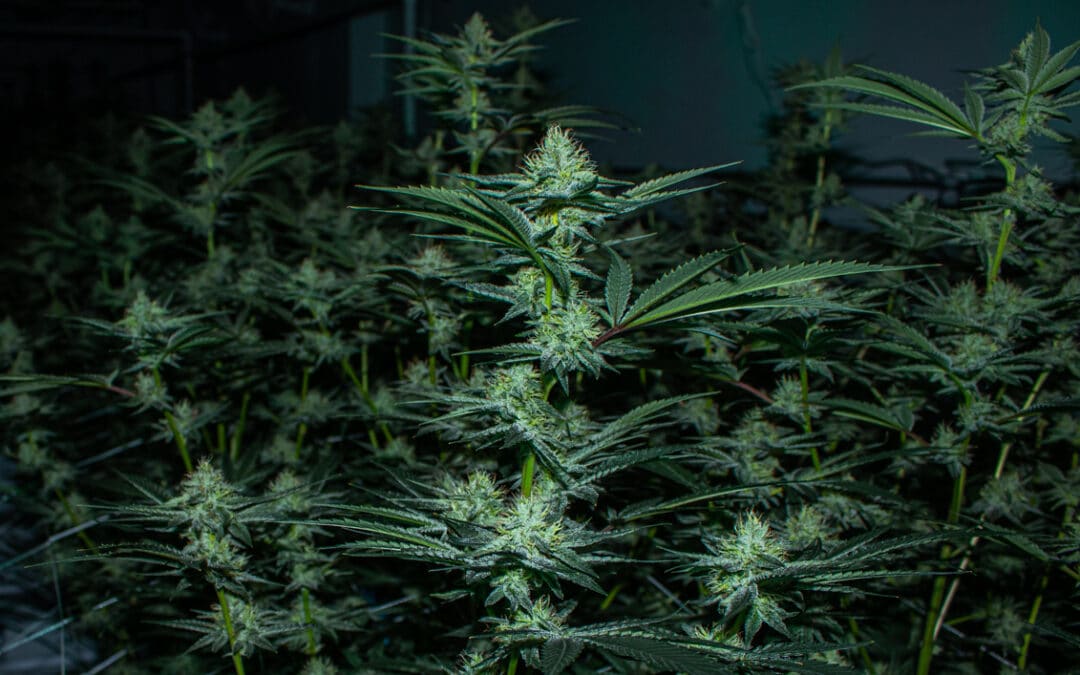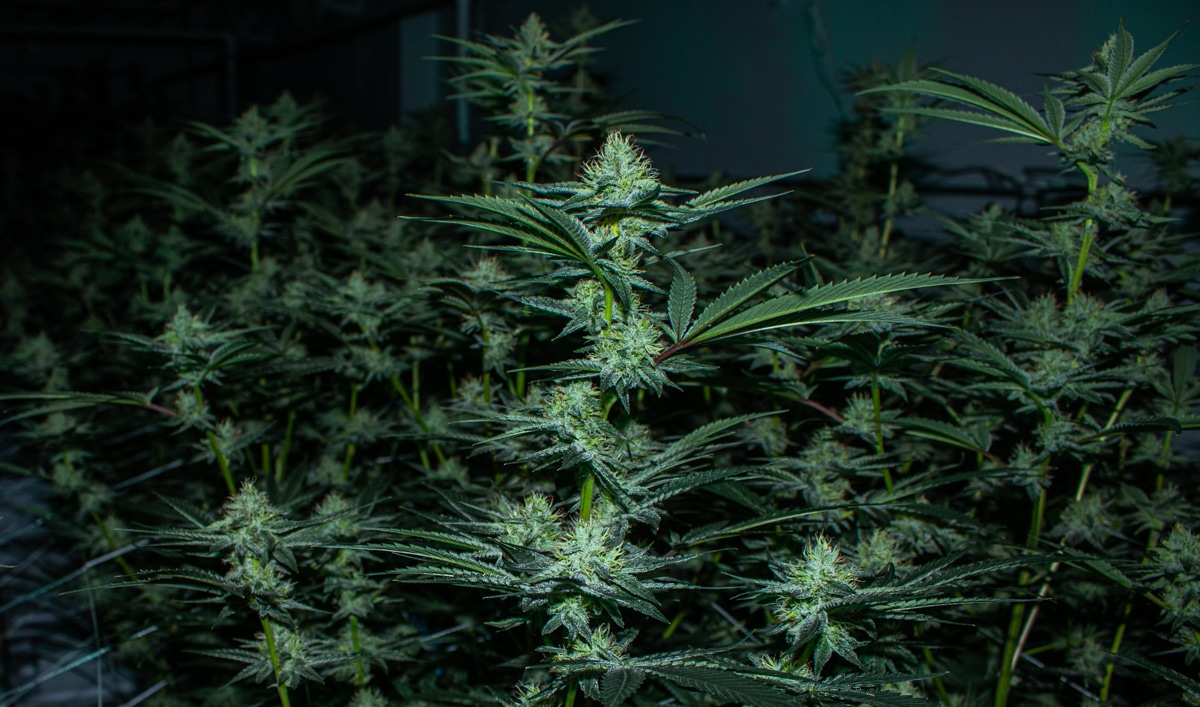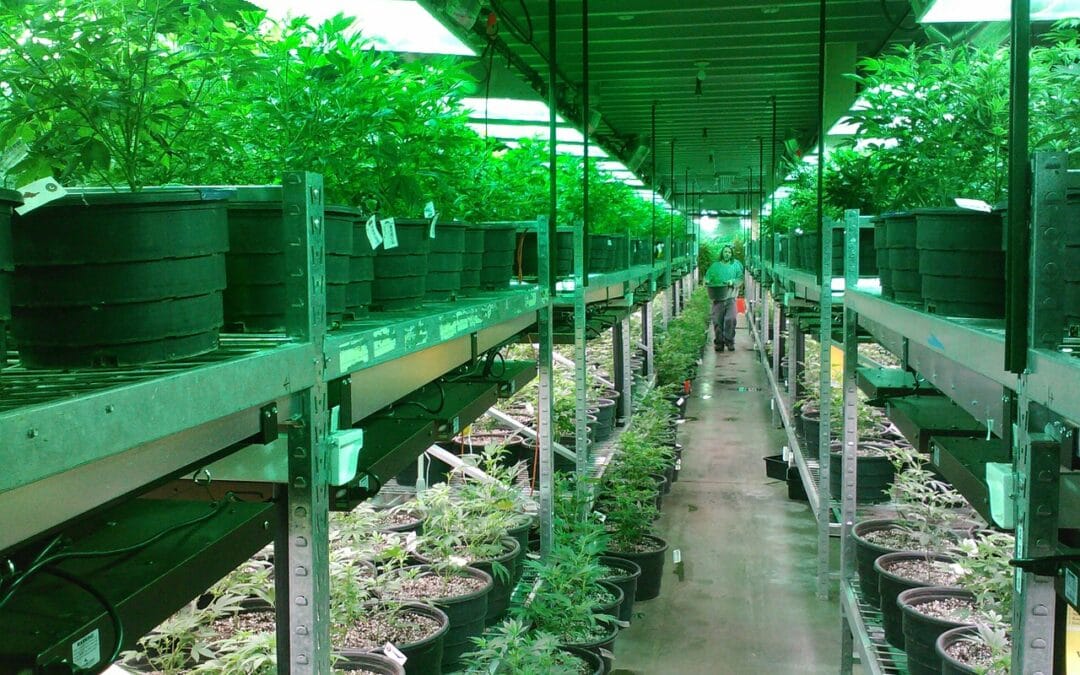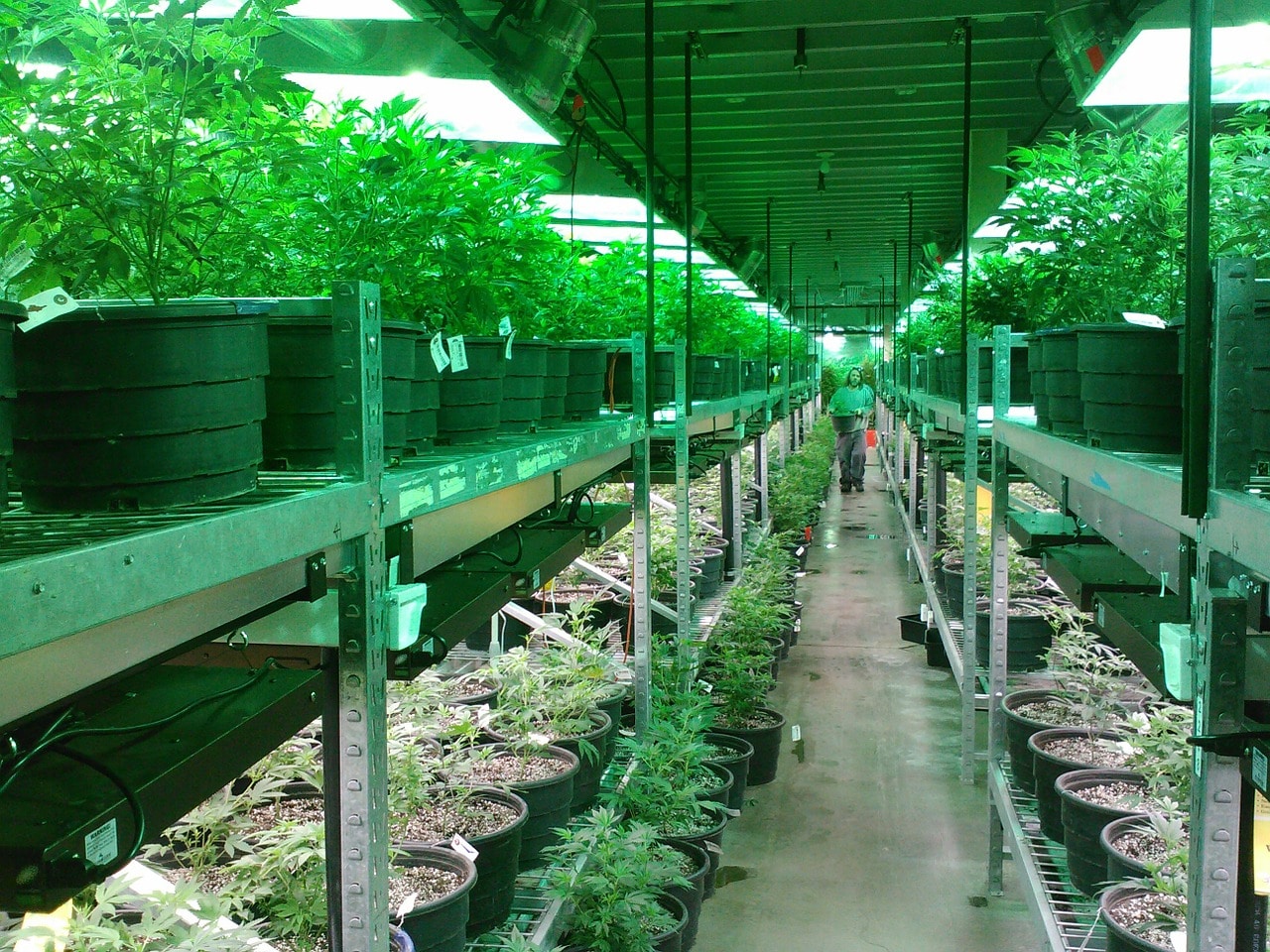
New Jersey to become only legal cannabis state to not permit home cultivation

New Jersey state Senator Nick Scutari (D), the Senate President and a major proponent of cannabis legalization, said he doesn’t see the home cultivation of cannabis coming anytime soon.
New Jersians will not immediately be able to grow their own cannabis, neither for medical nor personal use purposes, the Asbury Park Press reports. During a webinar with cannabis industry professionals, state Sen. Nick Scutari (D), the main proponent of cannabis legalization in the state Senate and the new chamber president, said he does “not see” home cultivation “happening right now.”
“I’m not against marijuana being grown at home for medical purposes and maybe even just recreational purposes. But we’ve got to let this industry … it’s not even off the ground yet.” Scutari said during a press conference.
Currently, the price of medical cannabis in New Jersey runs about $412 to $420 per ounce, according to Curaleaf prices outlined by the Press.
Jo Anne Zito, a board member for the Coalition for Medical Marijuana New Jersey, said allowing patients to grow their own medicine would be “a tremendous help.”
“It doesn’t seem like the sky has fallen in these other places,” she told the Press. “Yeah, some of it may get to the illicit market but I don’t think it’s anything that’s hurting revenue or setting back legal sales.”
Of the 19 states that have legalized cannabis, New Jersey is the only one that does not allow medical patients to grow their own, the report says. Cultivating even one cannabis plant in the state is still punishable by up to five years in prison and a $25,000 fine, despite the state’s legalization law.









